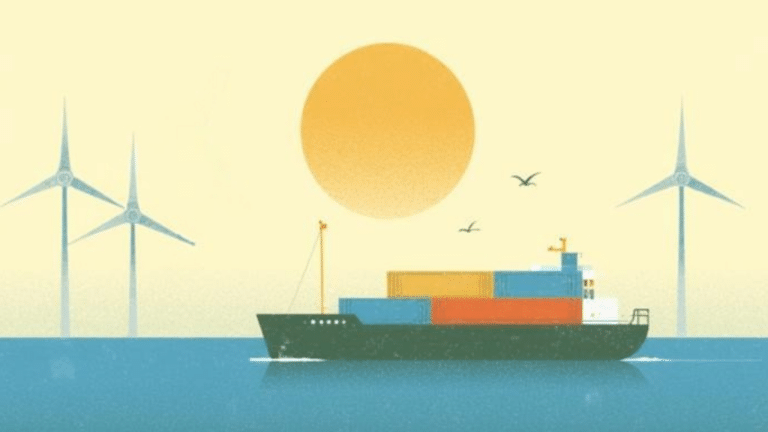This website uses cookies as well as similar tools and technologies to understand visitors’ experiences. By continuing to use this website, you consent to Columbia University’s usage of cookies and similar technologies, in accordance with the Columbia University Website Cookie Notice.
Richard Nephew – Iran Sanctions: Today’s Landscape and Future Guideposts
Back on November 4, a raft of U.S. sanctions on Iran snapped back into force, six months after the Trump Administration withdrew the U.S. from the Iran nuclear deal. How Iran, U.S. allies, and U.S. competitors react to the stresses brought about by Trump’s decision will have far-reaching impacts for geopolitics, global energy markets and security, and financial markets.
On the latest episode of the Columbia Energy Exchange podcast, host Jason Bordoff discusses the guideposts to watch out for in this space over the next year with Richard Nephew, a senior research scholar at CGEP and the former Principal Deputy Coordinator for Sanctions Policy at the Department of State. In his prior role Richard was instrumental in designing the sanctions regime against Iran as well as the deal that lifted them, known as the Joint Comprehensive Plan of Action.
Jason and Richard recently sat down in New York to discuss the current state of sanctions policy against Iran, the practical aspects of enforcement given today’s landscape, the role that India and China will play in determining the effectiveness of sanctions implementation, and many other issues.
More Episodes
Oil and Venezuela: What’s Next?
Early on January 3, 2026, the United States apprehended Venezuelan President Nicolás Maduro and his wife and removed Maduro from power. Maduro was transported to New York, where he now faces federal charges of narco-terrorism and drug trafficking.

Editor’s Pick: Sean Casten on US Energy Policy in a Partisan Era
This has been a crucial year for US energy policy. The passage of the One Big Beautiful Bill Act eliminated many of the clean energy incentives that were...

Luisa Palacios and Eddie Fishman on the US Pressure Campaign on Venezuela’s Oil
Over the past week, President Trump has intensified pressure on Venezuelan president Nicolás Maduro by targeting the regime’s economic lifeline—oil. The United States has seized two oil tankers...

From Hot Rocks to Clean Power: Roland Horne on the Future of Geothermal
If it seems like you're hearing a lot more about geothermal energy lately, that's because this clean, firm energy source is at a technological turning point. With roots...

Relevant
Publications
Why ‘Taking’ Venezuela’s Oil Hurts U.S. Energy Security
In discussing the dramatic seizure of Venezuelan President Nicolás Maduro and his wife, Cilia Flores, over the weekend, President Donald Trump declared that the United States would now “take back” the country’s oil. Yet he has offered little clarity on what exactly this means.

Venezuela: The Post-Maduro Oil, Gas and Mining Outlook
The country could see a relatively rapid recovery of some oil production, depending on the leadership that emerges.

Q&A on US Actions in Venezuela
Early on 3 January 2026, the United States launched a military operation to arrest President Nicolás Maduro and remove him from Venezuela.

Trade’s Emergence at International Climate Talks and the Limits on Consensus
This Energy Explained post represents the research and views of the author(s). It does not necessarily represent the views of the Center on Global Energy Policy. The piece...

